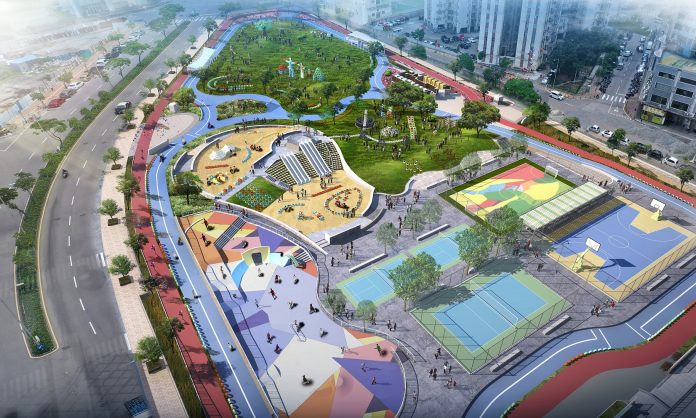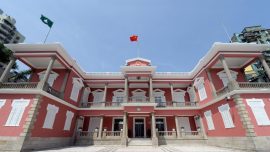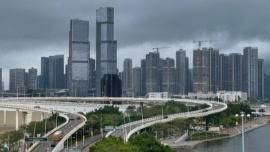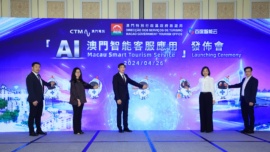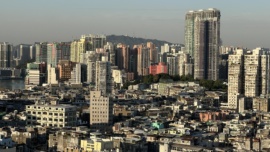Few studies on Macau originating in the Mainland are as critical as one that argues, among other observations, “There is a risk that control over urban development will end up in the hands of outsiders who care less about local interests”
MB August 2021 Special Report | Casino tourism: the pros and cons
“The gaming industry boom and its increasing dominance of Macau’s economy have had several impacts on economic growth and urban development,” Mingjie Sheng, School of Architecture, Tianjin University, and Chaolin Gu, School of Architecture, Tsinghua University (Beijing), write in Economic growth and development in Macau (1999–2016): The role of the booming gaming industry.
“First, Macau’s economic dependence on gaming makes the economy extremely vulnerable to external changes.” And second, the pair of Mainland authors points out, “Macau seems to have experienced the resource movement effect, which is typically observed in booming-sector economies. As its gaming boom generated increased employment opportunities, labour resources were drawn away from other sectors.” The risk, they write, is that the gaming industry “is a labour-intensive and largely non-technical sector, and thus it may discourage local human capital development.”
Sheng and Gu also emphasise a related consequence: “The gaming boom has also led to the reallocation of land resources from other economic activities to the building of gaming projects.
“Third, like most casino cities in western countries, Macau’s gaming industry boom has directly increased the demand for local service sectors, such as real estate, hotels and restaurants, and wholesale and retail, all of which are closely linked to the gaming sector.” Sheng and Gu go on: “The rapid expansion of these labour-intensive sectors has generated increasing demand for labour, which in turn has been met by recruiting tens of thousands workers.”
The authors point out that the number of imported workers surged from 32,183 in 1999 to 177,638 in 2016, accounting for 45.6 per cent of Macau’s total employment in 2016. “With an increasing share of the local workforce engaged in the gaming sector, imported workers have replaced locals in sectors such as construction, hotels, and restaurants, which generally offer lower wages. This has led to a growing divergence in the incomes of local and imported workers.”
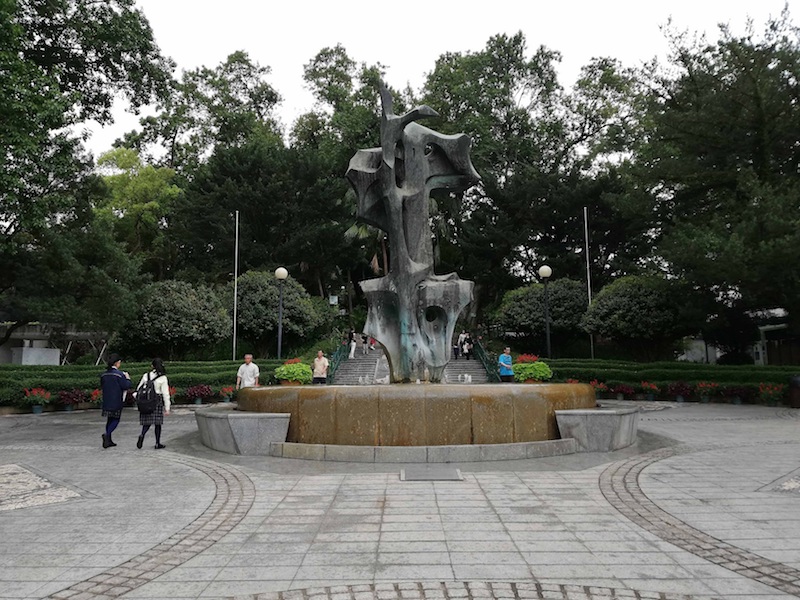
They raise a fifth argument, which has been underdeveloped by local researchers: “Since Macau’s economic growth depends largely on foreign casino operators, there is a risk that control over urban development will end up in the hands of outsiders who care less about local interests.”
On the on hand, the small size of Macau’s economy means that it is difficult to raise capital locally, and on the other, mainland Chinese companies have not been allowed to enter the city’s gaming market. The authors point out that “policies encouraging overseas investment were favoured at the initial stage of the gaming industry’s development,” a fact that “sharply” diminished the local market.
“As the foreign investors gained increasing control over Macau’s development, they were also criticized for causing various social and environmental problems,” they add.
One complaint, according to their paper, is that foreign investors have been ambitiously attracting millions of additional visitors without regard to Macau’s limited capacity. “This uncontrolled growth of tourist arrivals placed heavy pressures on Macau’s limited natural resources, caused harmful pollution, and raised the prices of local goods – all at the expense of locals’ wellbeing.”
“The rapid expansion of gaming industry came partly at the expense of local interests, as evidenced by worsening living environment for locals, a dilution of local identity, and the crowding out of local small- and medium-sized enterprises” – Sheng & Gu

Another complaint has been the erosion of local identity (see the following article in this special report). What’s more, “overseas tycoons threatened the development of local small- and medium-sized enterprises (SMEs), particularly by raising the cost of labour and land. As a result, SMEs, which made up a majority of Macau’s planned strategic industries (the convention and exhibition industry, the cultural and creative industry, and the Chinese medicine industry), could hardly compete with gaming magnates.”
Rounding out their list of “several impacts on economic growth and urban development” is the issue that the gaming industry boom “has also given rise to highly uneven spatial development within Macau.”
According to Li Sheng and Gu, as policies aimed at promoting the gaming industry devoted more and more urban space to tourism activities, “the needs of local residents were ignored to some extent” and “while mega casino-resorts were taking shape in the Cotai Strip, the living conditions of local residents on the Macau Peninsula, the historic centre of Macau, deteriorated.
“There are few parks, neighbourhood recreational fields, or natural landscapes, aggravating the living conditions of locals. This has led to an increasing number of conflicts between deprived local residents and the elite groups who have benefited from gaming-based growth. Such conflicts may threaten Macau’s social and environmental sustainability,” the authors conclude.





